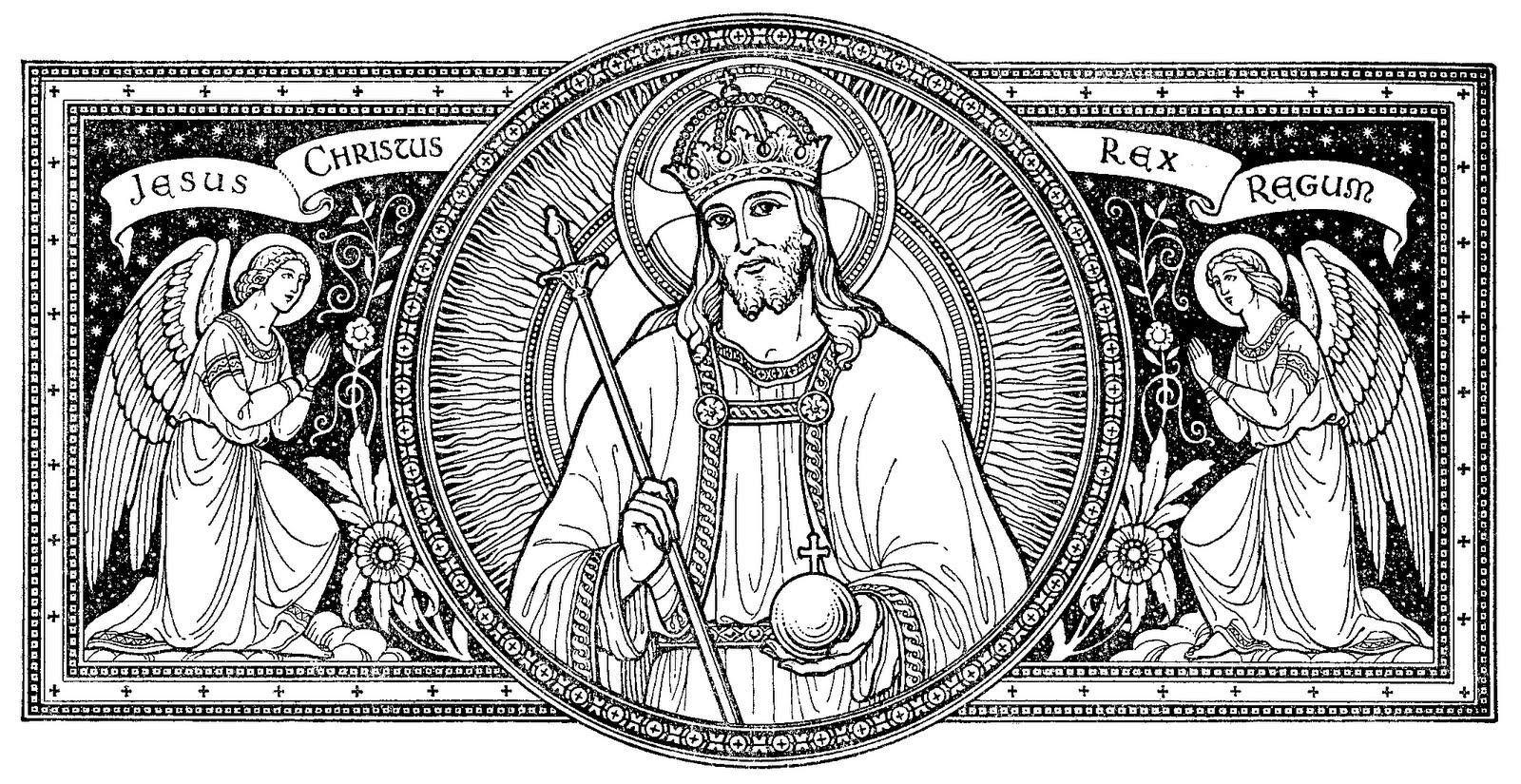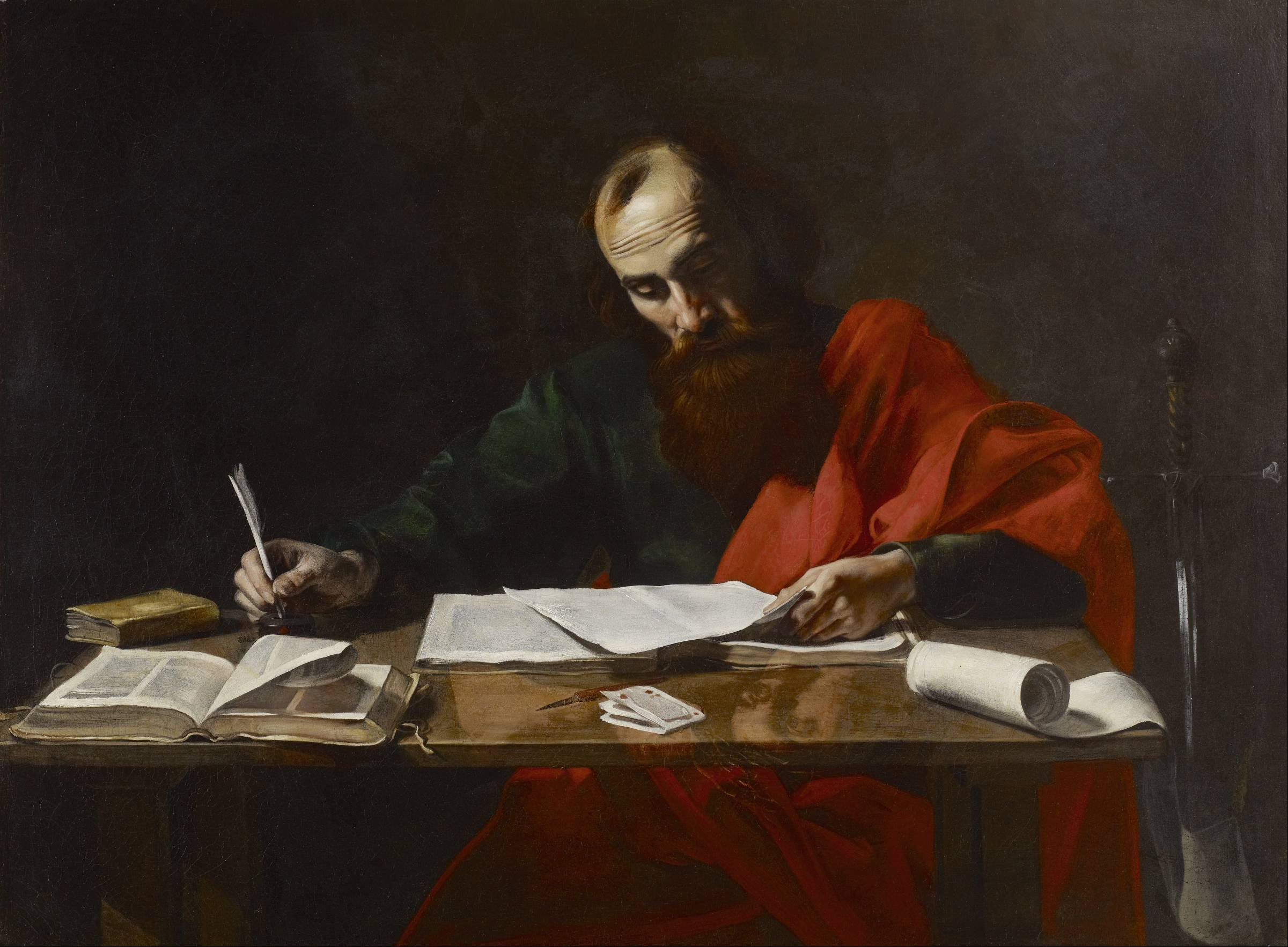It was through faith that Mary was able to accept God’s plan for her. It was through faith that Joseph was able to accept the very difficult role that God had marked out for him as Mary’s husband, foster-father to God’s Son. It was through faith, that gift of God which enables us to believe in him and to know him, that God became a powerful, living presence in their lives in the form of Jesus Christ, the Word made Flesh.
But it was in the first place through love that Christ Jesus even came among us. For “God so loved the world, that he sent his only-begotten Son, that whosoever believeth in Him shall not perish, but have everlasting life”. Into a world where human beings are driven apart by their own evil, God sent his only Son as a sacrifice of love, to bind us together, to heal us. “God is love, and he who abides in love, abides in God.” It is faith and love which bound Jesus, Mary and Joseph together into that indissoluble unity we know as the Holy Family of Nazareth, an image of unity, love and peace which offers hope to a broken world.
This is a life-giving message to all human families. It is not ties of flesh and blood that make for love, unity and peace, but faith and love. Christian marriage is itself a sacrament, and is meant to be lived within the love and faith which come from God alone as gifts to us. A Christian family, bound together in faith and love, is a powerful sign of hope.
But the greatest sign of hope for the world that God has given is his Church. For it is through that same faith and love that he brings together human beings “out of every tribe and tongue”, and makes of us one human family. In Christ there is “no Jew or Greek, male or female, slave or freedman”.
The only hope that the world has for unity, peace and love, is the healing presence of Christ among us, within us. And it is only through faith that Christ is born amongst us; it is only when he is born amongst us that he can heal us, redeem us by his love; and only in redemption through his love that there is any hope for the world.
May God bless you on this feast of the Holy Family of Nazareth. Through your surrender to God in faith and love, may the Lord Jesus be born in the hearts and midst of each family here, and may he bring to each joy, unity and peace. And may he bind us all together in the unity of his own Family, the Church, that we might love and bless one another, and that through our own love and unity, the world might come to know and love him, who alone is our hope and our salvation.
Fr Phillip







.jpg)


